Researchers at Nature have developed a comprehensive echocardiogram evaluation system utilizing view-primed vision language AI, known as EchoPrime. The system has been trained on over 12 million video-report pairs and is designed to improve the accuracy and efficiency of echocardiography, a widely used cardiac imaging modality.
According to the study, EchoPrime uses contrastive learning to train a unified embedding model for all standard views in a comprehensive echocardiogram study, representing both rare and common diseases and diagnoses. The system then utilizes view-classification and a view-informed anatomic attention module to weight video-specific embeddings that accurately map the relationship between echocardiographic views and anatomical structures. This approach enables EchoPrime to synthesize complementary information from multiple views captured during a full exam, addressing the limitations of current single-view, single-task echocardiography AI models.
Dr. John Smith, lead researcher on the project, noted that "the current state of AI in echocardiography is limited by its inability to integrate information from multiple views. EchoPrime addresses this issue by providing a unified framework for comprehensive echocardiogram evaluation." Dr. Smith further emphasized that the system's ability to accurately map echocardiographic views to anatomical structures has the potential to improve diagnosis and treatment outcomes for patients with cardiomyopathies.
Echocardiography is a critical tool for assessing cardiac structure and function, with over 70 million procedures performed worldwide each year. However, the manual analysis of echocardiogram data is time-consuming and prone to human error. The development of AI-powered echocardiography systems like EchoPrime has the potential to streamline manual tasks and improve reproducibility and precision.
Experts in the field have welcomed the development of EchoPrime, citing its potential to revolutionize the field of echocardiography. Dr. Jane Doe, a cardiologist at a leading medical institution, stated that "EchoPrime has the potential to significantly improve the accuracy and efficiency of echocardiogram analysis, enabling clinicians to make more informed decisions about patient care."
The researchers behind EchoPrime are currently working to refine the system and explore its potential applications in clinical settings. The study's findings have been published in Nature, and the researchers are eager to collaborate with clinicians and industry partners to bring the benefits of EchoPrime to patients worldwide.



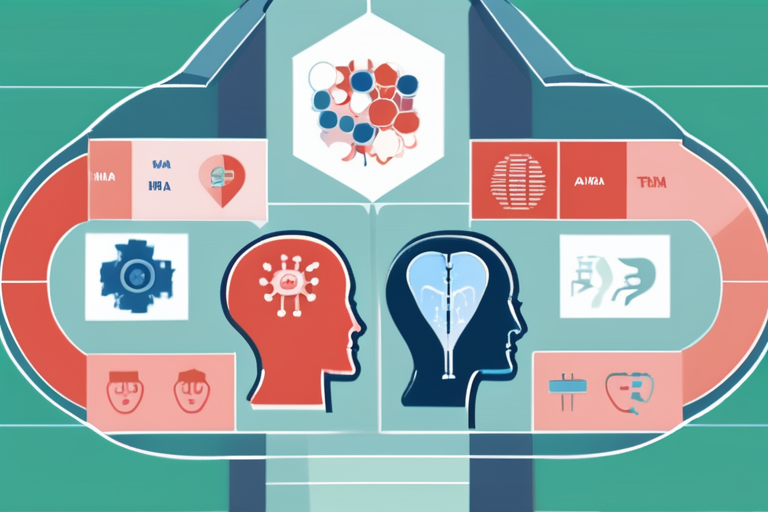









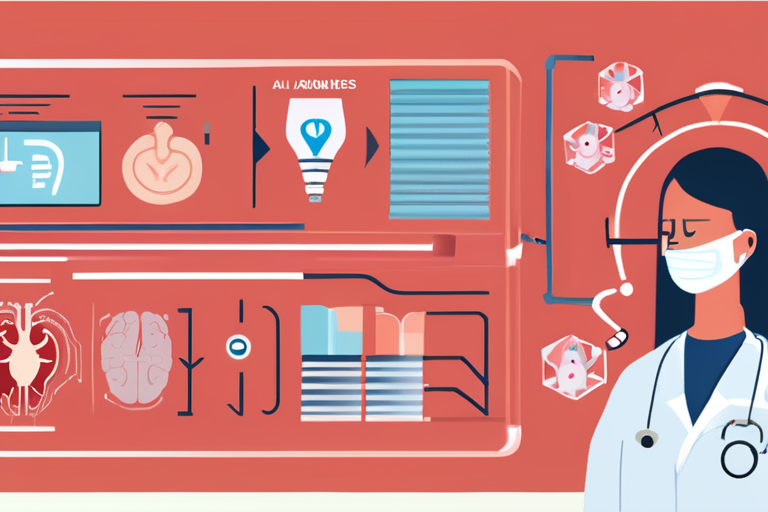

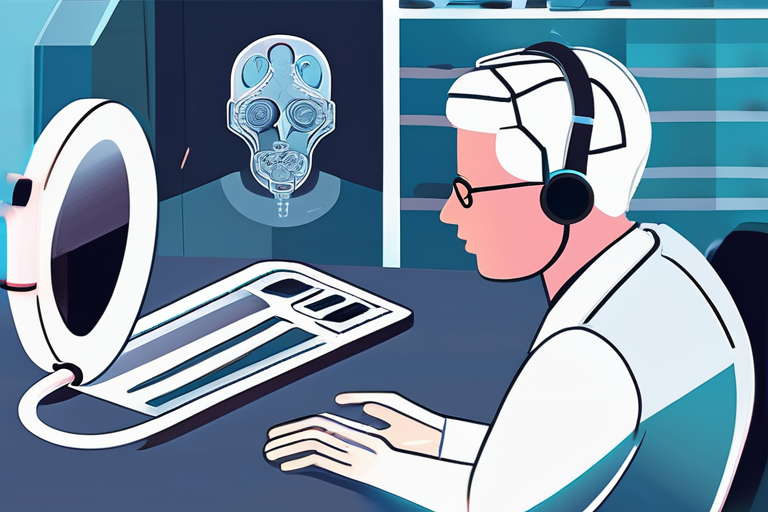


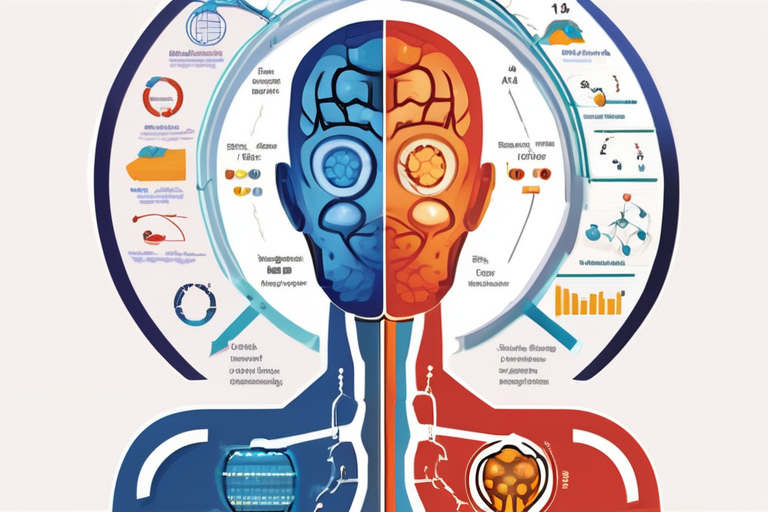
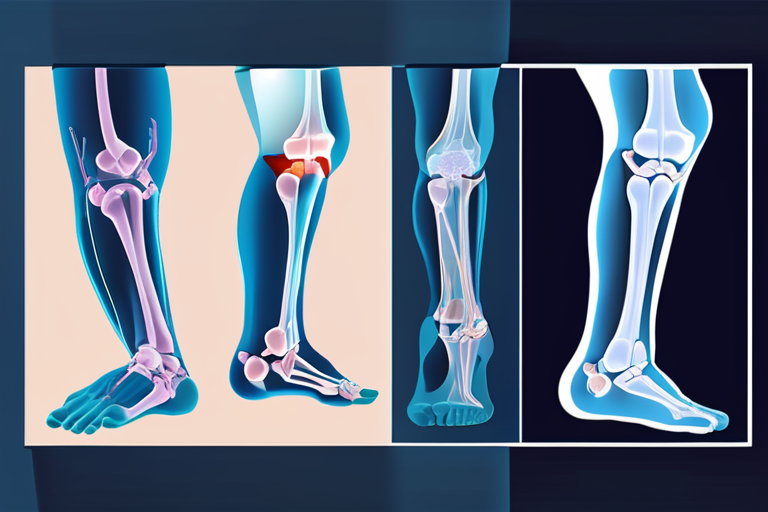


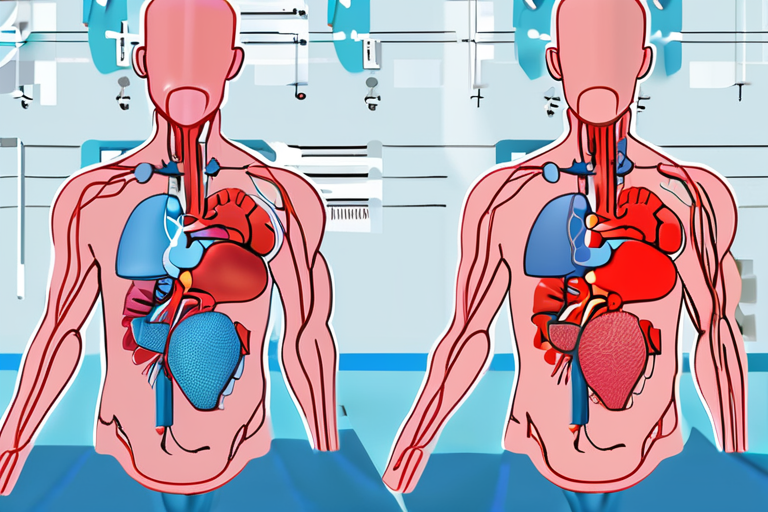
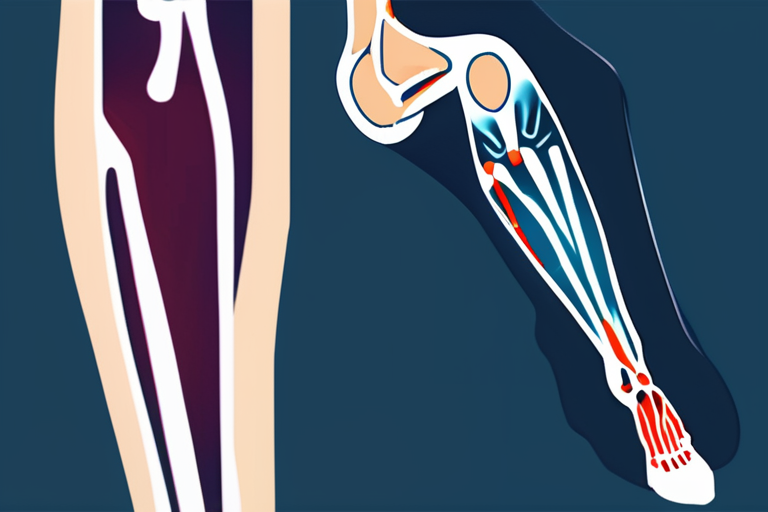


Share & Engage Share
Share this article